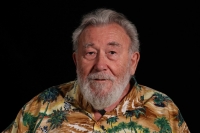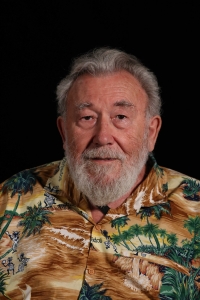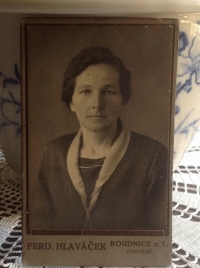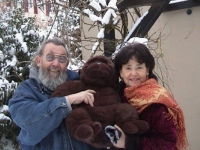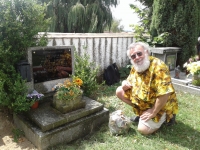When I saw the first Coca-Cola advertisement, I knew I got to the West
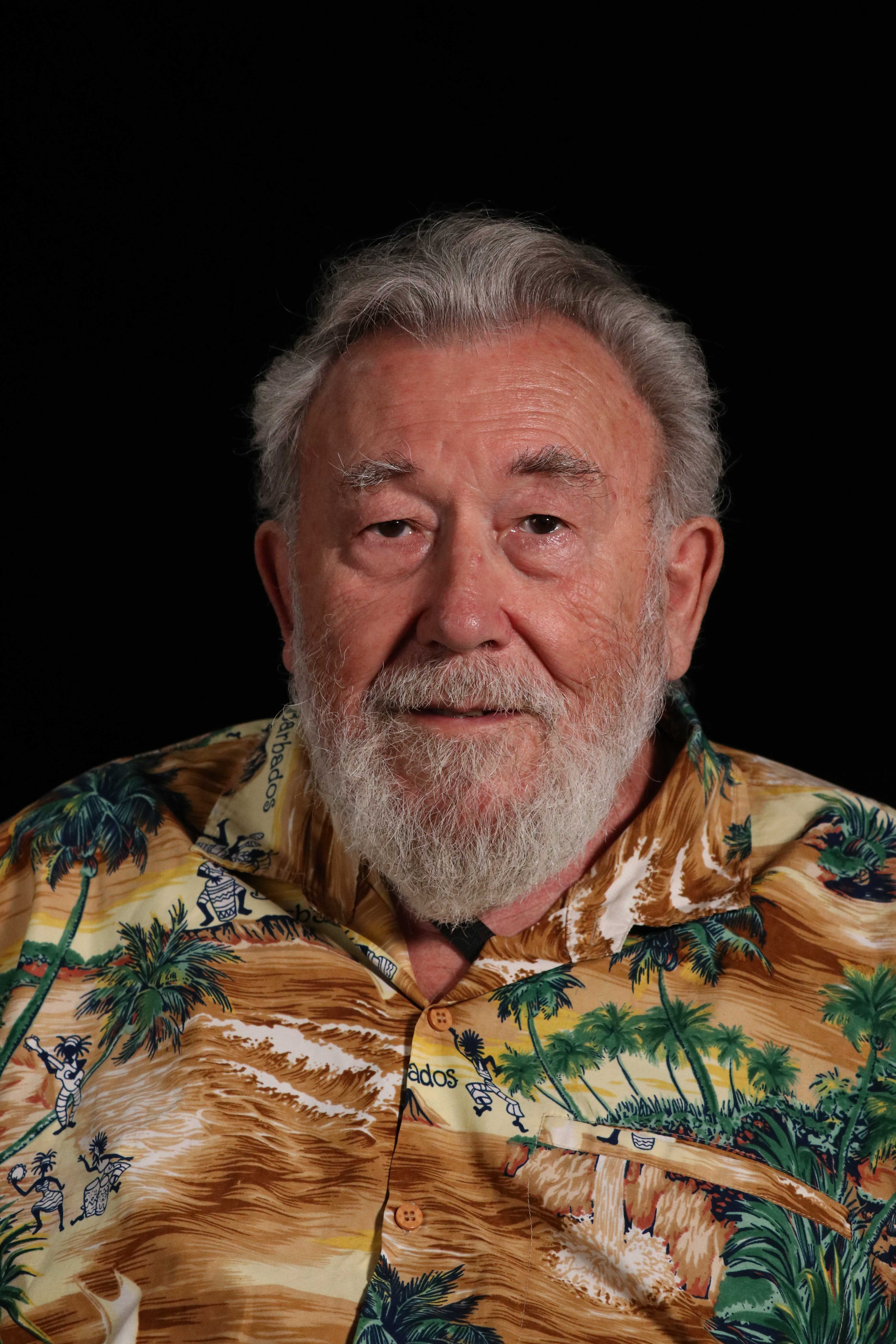
Stáhnout obrázek
Jaromír Kubias was born on the 6th of July in 1942 to a family of a Prague physician. Since he was ten years old, he planned that one day, he would run away from Czechoslovakia, he dreamed of long voyages and big adventures. He was less than an outstanding student so he changed both primary and secondary schools several times. After having graduated from the secondary school, he worked as a veterinary assistant in the Prague ZOO, later, he got a job as a lumberjack during the construction of the Hostivař dam. In 1960, he married Daniela Sokolová. He spent the beginning of the 1960’s in the army and when he was released, they started planning their emigration. She left with the Čedok travel agency for an organised trip to Cuba and during the layover in Canada, she applied for asylum. She left behind not only Jaromír but also their six-month-old son Dušan. Jaromír emigrated half a year later with the help of his parents who got a permit to leave the country for Yugoslavia. He swam across the Danube to Hungary and his parents drove him across Hungary and Yugoslavia to the borders where he crossed the little-guarded forest and got to Italy. He ended up in the refugee camp of Risiera di San Sabba near Trieste. After several months, his visa for Canada was issued and he reunited with his wife again. In Canada, he studied naval engineering but later he worked in other fields. In 1968, his parents emigrated from Czechoslovakia as well and they brought Jaromír’s son Dušan. who was now five years old, to Canada. Jaromír Kubias lived in Canada, he also spent many years in Arizona in the United States. For some time, he bred exotic reptiles on a large scale. Nowadays, he is married for the fifth time, his fifth wife is a Filipino. Witness’ sister Blanka Kubešová described Jaromír’s life and travails in several novels, such as My Brother Jerry and Filipino Bride.
